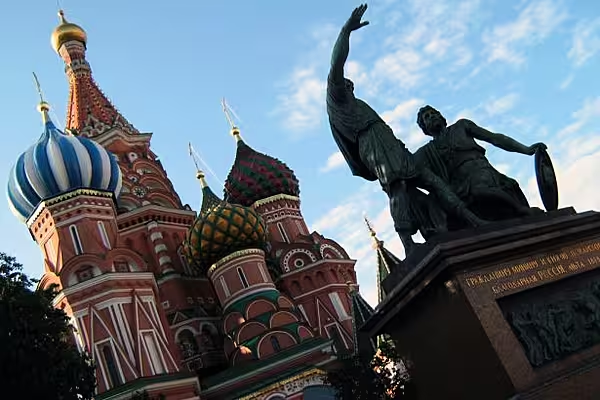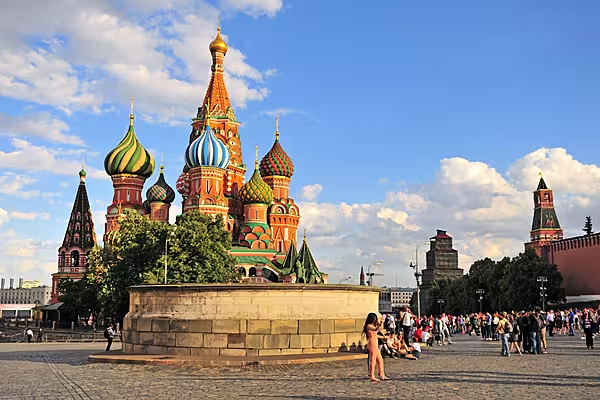A slump in Russian retail sales unexpectedly accelerated in June as wages shrank for an eighth month.
Sales declined 9.4 per cent from a year earlier, falling for a sixth month, after a 9.2 per cent decline in May, the Federal Statistics Service in Moscow said Friday in a statement. That was more than the 9 per cent median of 20 forecasts in a Bloomberg survey. Wages adjusted for inflation shrank 7.2 per cent in June and real disposable incomes slipped 3.5 per cent, the statistics service said.
The deepening downturn means households are in no position to help an economy succumbing to its first recession in six years, with consumer demand battered by last year’s ruble collapse and lower oil prices. A shift to a free floating currency in November reflected changing priorities for the government as it shifted focus on shoring up industry at consumers’ expense.
“Consumers remain too careful for large purchases, and a flexible labor market isn’t resulting in higher wages as the recession persists,” Vladimir Miklashevsky, strategist at Danske Bank A/S in Helsinki, said by e-mail before the data release. “Inflation and rates are still too high to see improvements in private consumption or fixed investments.”
The ruble is one of the two worst performers against the dollar in the past three months among 24 emerging-market currencies tracked by Bloomberg.
The unemployment rate unexpectedly declined to 5.4 per cent from 5.6 per cent. The median estimate of 19 economists was for an increase to 5.7 per cent. Fixed-capital investment has fallen for more than a year, dropping 7.1 percent in June.
“People are not going to increase their spending at the peak of the crisis,” Olga Lapshina, head of research at Bank Saint-Petersburg PJSC, said by phone. “A recovery in sales and income may start by year-end, when industrial output improves or at least gets close to flat.”
News by Bloomberg, edited by ESM











